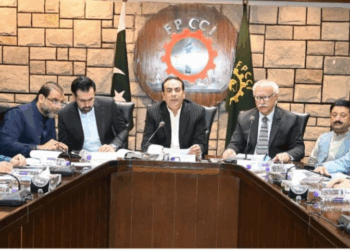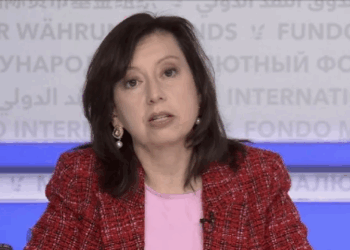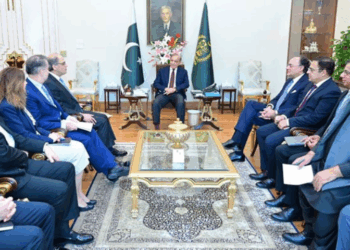Islamabad, May 25, 2025: Pakistan has allocated 2,000 megawatts (MW) of electricity in the first phase of a national initiative to power bitcoin mining and artificial intelligence (AI) data centres, the Ministry of Finance announced on Sunday.
The initiative, led by the Pakistan Crypto Council (PCC), aims to leverage surplus electricity, create high-tech employment opportunities, and attract foreign investment to the country’s growing digital economy.
The move comes amid a paradox in Pakistan’s energy landscape — surplus power generation coupled with high electricity tariffs and a rapid shift toward solar energy, which has led many consumers to move off-grid. Authorities now plan to redirect excess electricity into profitable digital ventures like cryptocurrency mining and AI infrastructure.
“This is the first phase of a broader, multi-stage digital infrastructure rollout,” the ministry said, adding that bitcoin mining and AI centres would be strategically located based on regional power availability.
Documents reviewed by Reuters reveal that Changpeng Zhao, founder of cryptocurrency giant Binance, will serve as strategic adviser to the PCC. Despite facing legal trouble in the United States — where he was sentenced to four months in prison in 2024 for money laundering violations — Zhao will advise on blockchain infrastructure, regulatory frameworks, and national projects involving digital currencies and youth education in emerging technologies.
In March, Pakistan’s federal government officially established the Pakistan Crypto Council, under the leadership of Finance Minister Muhammad Aurangzeb. The PCC’s efforts have received backing from Pakistan’s military leadership, with Chief of Army Staff Field Marshal Asim Munir holding direct discussions with PCC CEO Bilal Bin Saqib at the General Headquarters (GHQ).
Saqib said the initiative is well-timed, pointing to Pakistan’s 15–20 million crypto users and its position as the third-largest freelance economy globally. He underscored the importance of regulatory sandboxes to support innovation and foster a competitive fintech and blockchain ecosystem.
“Despite lack of formal regulation, Pakistan ranks among the top 10 in global crypto adoption,” said Saqib. “By upskilling our youth in blockchain and AI, we can fuel job creation, boost digital exports, and position Pakistan as a global tech hub.”
The PCC plans to launch education programmes, startup incubators, and investment incentives as part of its broader national strategy.








